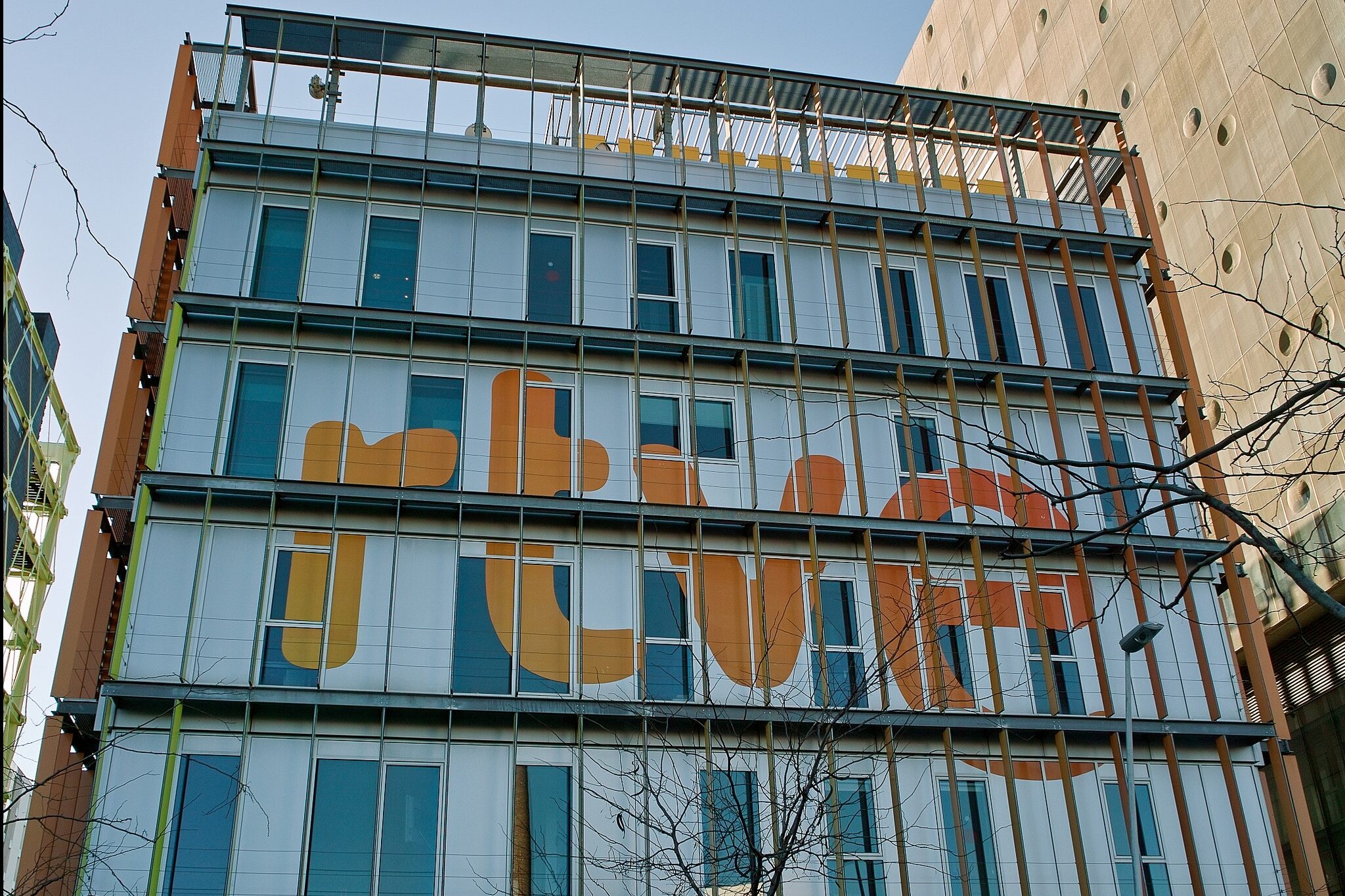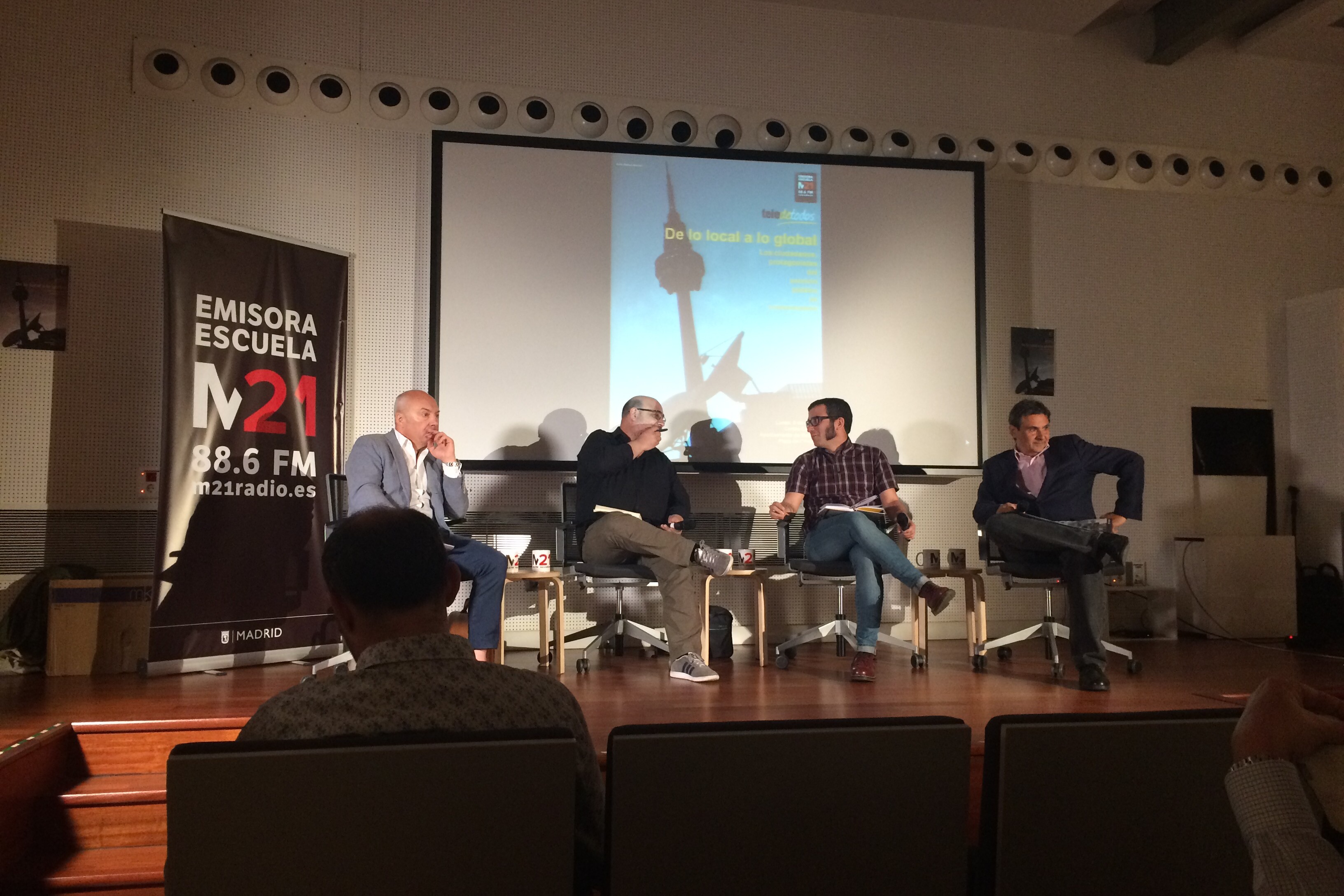Reform means Spain’s public broadcaster is on right road towards greater independence, transparency and plurality.
There are signs of much needed change for the Corporación de Radio y Televisión Española (RTVE). On Thursday 22 June, Spain’s Congress approved a reform aimed at improving the management and image of the public broadcaster by steering it away from government influence.
The approval comes after months of effort by media professionals and RTVE employees who sought to change the way the public broadcaster was following much criticised rules introduced by the political party Partido Popular (PP). Until now, the president and Board members were designated by a parliamentary majority, without taking into account the opposition. But this system won’t last much longer.
With the reform, approved with 343 votes in favour and only one abstention, those who wish to apply for these roles will have to go through a public contest and then be elected by a two-thirds majority in Spain’s Congress and Senate. To avoid delays and possible blockages, if the two-thirds are not reached then the election will proceed by an absolute majority, but only with the endorsement of half of the parliamentary group, that is, only with consensus.
Those who apply for the roles, will also have to present a plan of action for the broadcaster. Their applications will then be processed by a committee of experts in the field, with their evaluation made public to increase the transparency of the process.
The absolute majority system was widely criticised by opposition parties and media professionals alike for having contributed to corruption, bias and a lack of transparency in the broadcaster, which often led to the wrong people being appointed to the board. From now on, members will be chosen on the basis of their merit, skills and ideas.
Noelia Vera, representative of the political party Podemos, affirmed that this agreement aims to end a “black period” for public television, which was “typical of a dictatorship” in which public media was turned into a propaganda tool.
“I am tremendously satisfied because this step represents a return to the plurality and independence of RTVE,”
The motion was thus positively received by RTVE employees and media professionals who welcomed it as a huge stride towards plurality and independence.
“[I am] Tremendously satisfied because this step represents a return to the plurality and independence of RTVE,” said Miguel Ángel Curieses, leader of the Union General de Trabajadores de España (UGT) in RTVE. “But I want to reiterate that it is only the first step because the model fails and the company urgently needs measures to transform it.”
But whilst the broadcaster now seems to be sailing with the winds on its back, there is still work to be done.
“I know that much remains to be done, but this step was so important … It has been five years of struggle to return RTVE to its rightful owners, the citizens,” said Alejandro Caballero, president of the TVE News Council. “Now we’ll go back to work, to continue doing what we have always wanted to do, to return to a plural information, independent of any ideological bias, at the service of society.”
Once formally approved as law, the Congress and Senate in September will have to approve within three months the procedures of the public contest and the examination by the experts committee. In the event that these regulations are not approved within the established timeline, the Board and the president of RTVE will be elected following the current procedure.
Header image: RTVE headquarters in Barcelona. Credits: Almusaiti/Creative Commons
Related Posts
15th May 2017
From the local to the global: transforming public media in Spain
A recent meeting organised by think…
2nd August 2016
Calls for transformation of public media in Spain
In a new challenging political climate,…

